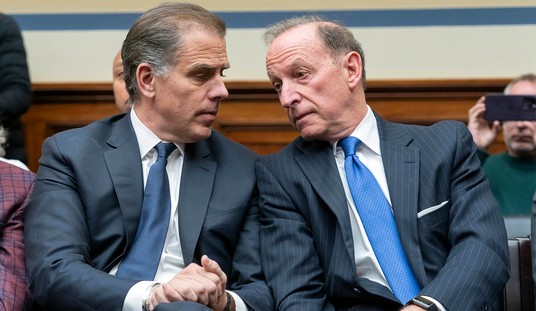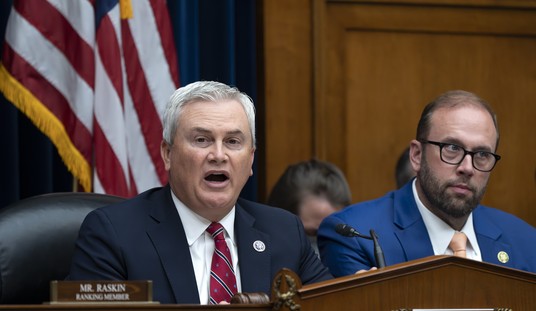Recent actions against Fannie Mae and Freddie Mac by the Securities and Exchange Commission (SEC) also produced the standard reaction by GSE apologists. The New York Times’ Joe Nocera was quick to denounce the SEC, arguing that Fannie and Freddie were late to subprime. While I agree that the SEC case is likely a weak one, that, however, is for the opposite reason than Joe supposes.
The reason the case is weak is that anyone with half a brain could read Fannie’s financial disclosures and determine they were doing subprime. Contra to Joe’s false claim that “Fannie and Freddie got into subprime mortgages, with great trepidation, only in 2005 and 2006,” the companies were both clear before then that they were involved in subprime. Since fact-checking doesn’t seem to be very important with Joe, you can start with my analysis.
The disagreements between Nocera and AEI’s Peter Wallison focus on the GSEs’ mandated housing goals. This is unfortunate and, even more importantly, besides the point. While I find the evidence that the housing goals helped to increase GSE credit risk convincing, I would be the first to say that such evidence is far from conclusive. But so what. Being leveraged over 200-to-1, as was the GSE guarantee business, is a recipe for disaster regardless of credit quality. As even Democrat Phil Angelides admits in today’s WSJ, Fannie and Freddie “had a flawed business model in which profits were privatized and losses socialized.” That’s the real problem. If Nocera wants to argue that Fannie Mae was no worse than Bear Stearns, then I can live with that as long as we also apply the fate of Bear to Fannie.
One has to give Nocera some credit. By painting the narrative as Fannie vs. Wall Street, when instead they were close partners, he has helped to preserve the current GSE model. By focusing on “the role of government” in housing, he moves the debate away from the reckless immoral behavior of Fannie and Freddie. He can claim this is about social policy and paint himself as a caring progressive, despite the massive regressive theft that Fannie and Freddie have actually been.
Recommended
While I agree that having a better picture of the role of the GSE housing goals would be helpful, such an analysis should not delay the obvious: the hybrid GSE model is a failure. Let’s either have them be part of the government or truly be private (and suffer the fate of private failures). Whether Fannie and Freddie rank in one’s top 5 or top 20 causes of the crisis, they should have been ended a long time ago.

























Join the conversation as a VIP Member